
Lexus HS 250h

Photos




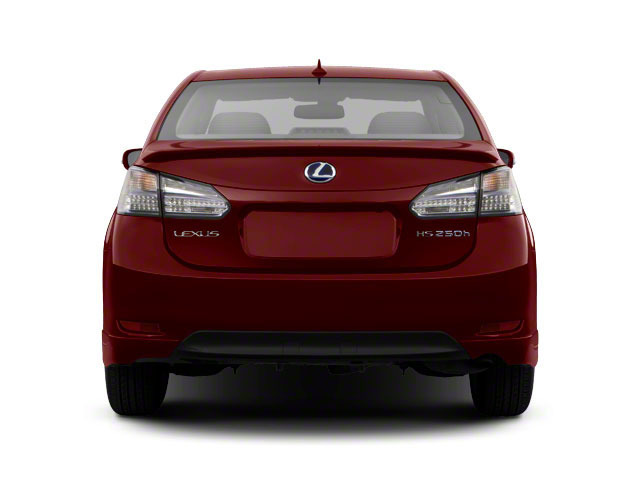
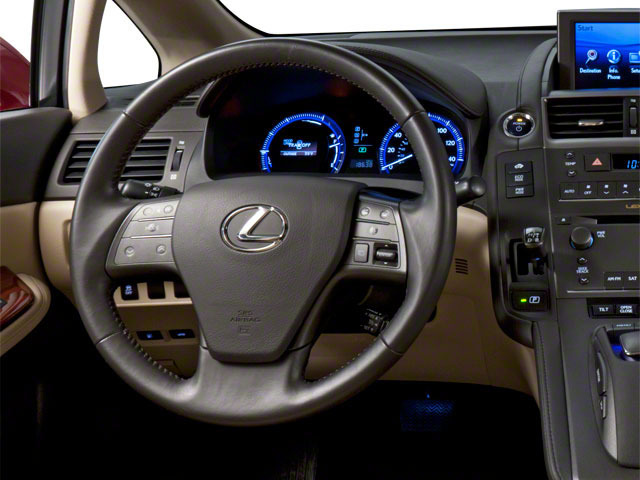
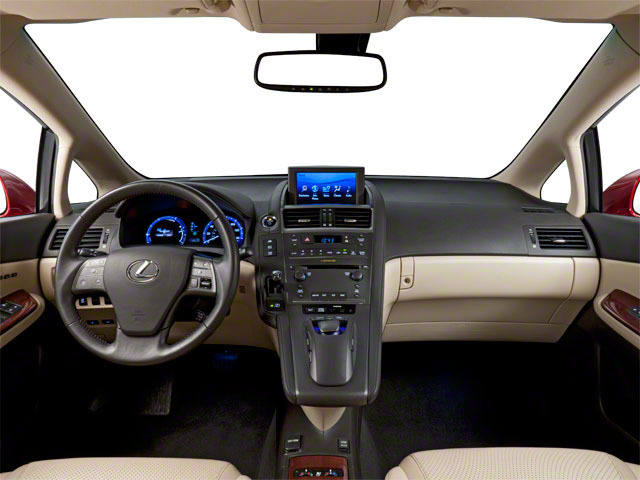

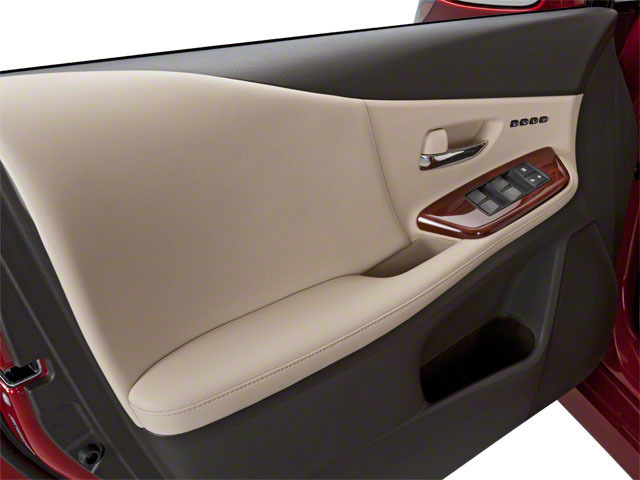
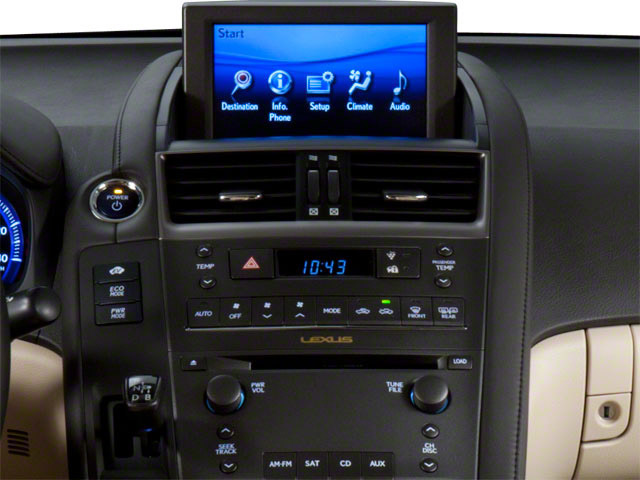
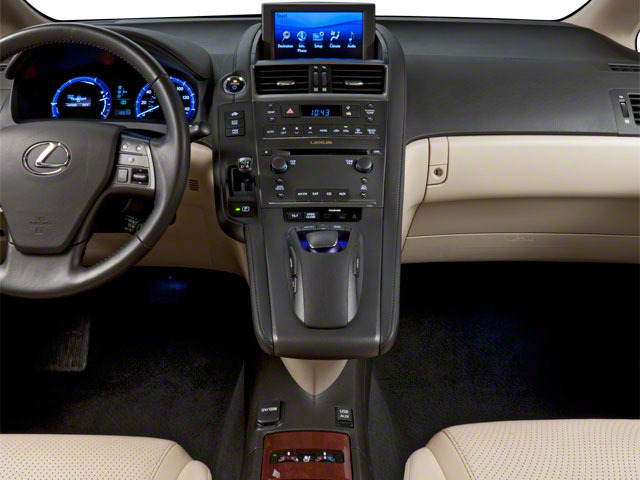

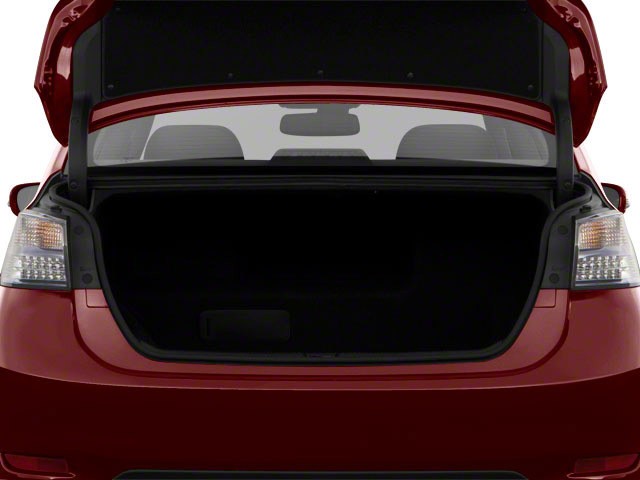
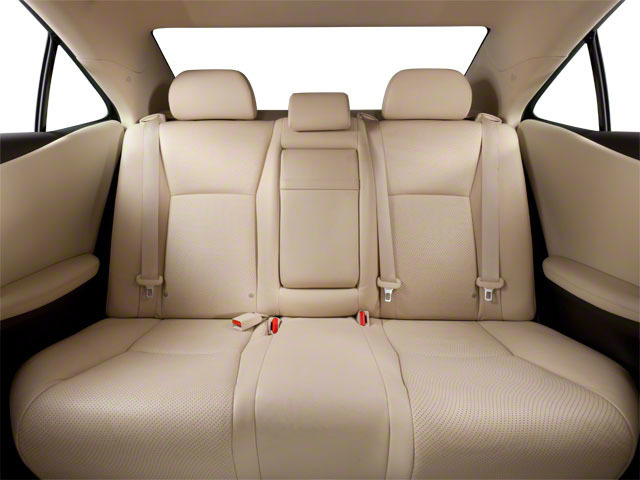
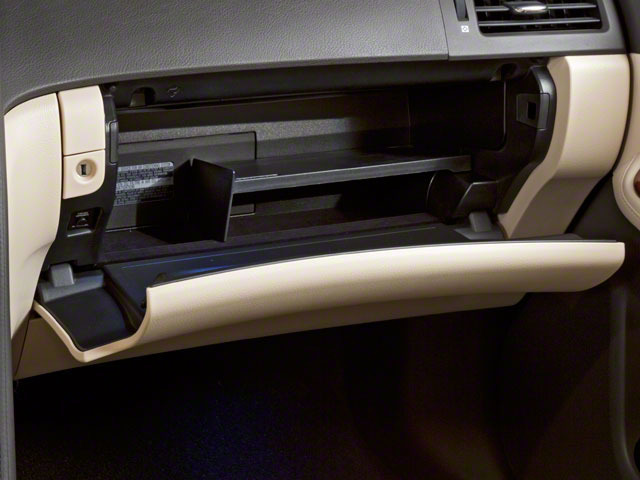
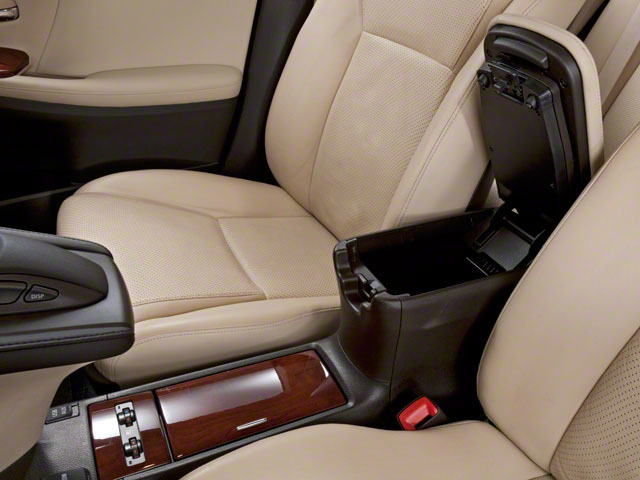
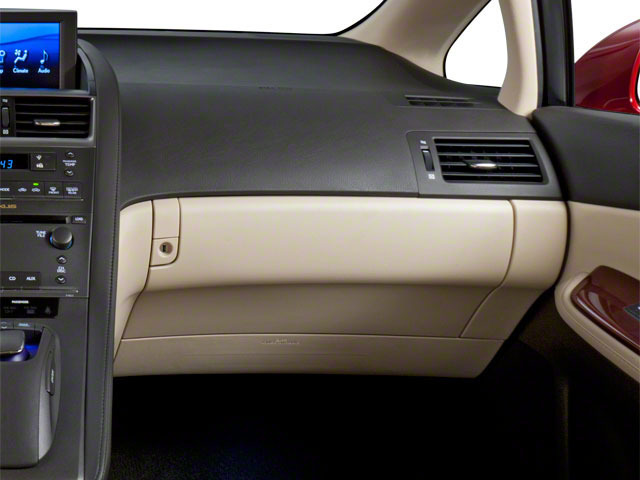
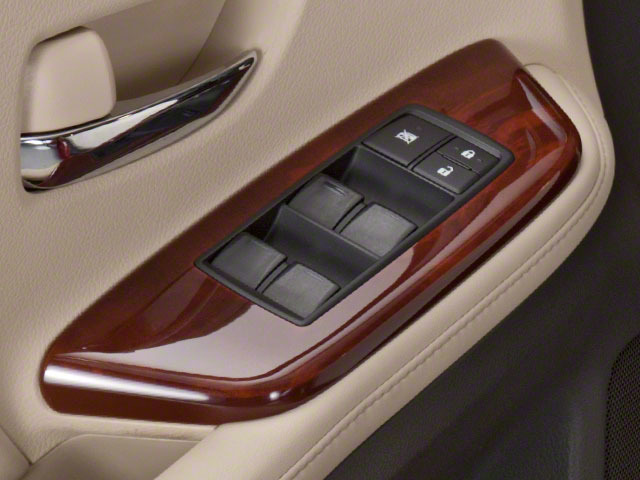
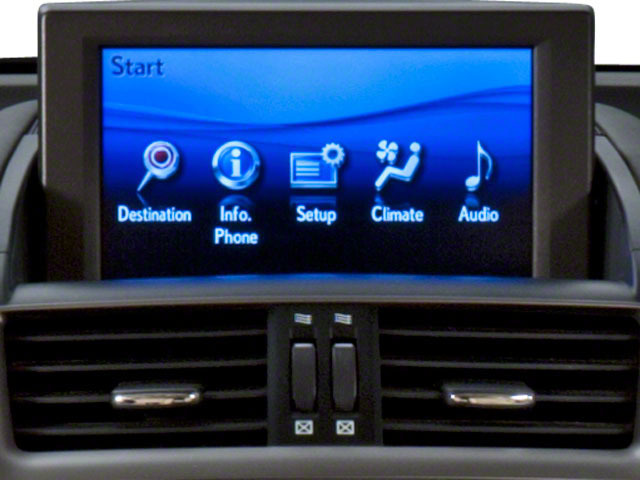
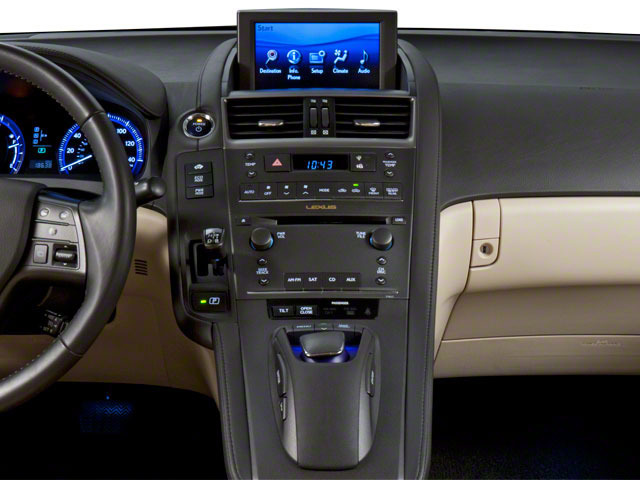




















Reviews and News
There are no reviews and news for Lexus HS 250h
Owner Scores
This vehicle has not yet been reviewed
Recall Information
* Data provided by Transport Canada
Recall number
Recall date
System affected
Model year(s) affected
Recall number
2021-723
Recall date
2021-11-24
System affected
Accessories
Model year(s) affected
2010
Manufacturer Recall Number:
SRC XC8/XC9 / SRC RC8/RC9 / SRC RD1/RD2
Units Affected:
51,373
Notification Type:
Safety Mfr
Issue:
This recall is for certain block heater kits installed on certain vehicles or sold as accessories at Toyota or Lexus dealerships.
On certain vehicles, the engine block heater cable may not have enough heat protection and could be damaged by high temperatures. If this happens, the cable could short circuit while plugged in, and cause the wiring to overheat or melt.
Note: This recall only affects the following block heater/cord part numbers:
C014003034 PK5A408J09 PU14000904
C014003151 PK5A408J13 PU14000905
C014000885 PK5A489J11 PU14000907
C014000888 PK5A489J22 PU14000909
C014000907 PK5A410H00 PU14000911
C014100904 PU14000900 PU14000913
C014100907 PU14000901 PU14003571
C014100911 PU14000902
PK5A408J05 PU14000903
Safety Risk:
Engine block heater wiring that overheats or melts could create the risk of a fire.
Corrective Actions:
Toyota recommends that you should stop using the engine block heater immediately. Toyota will notify owners by mail and instruct you to take your vehicle to a dealer to disable the engine block heater. For some vehicles, the corrective actions for this recall are under development. For others, a new engine block heater cannot be installed, and the owner will receive a refund of the purchase price of the engine block heater.
Recall number
2017-478
Recall date
2017-10-04
System affected
Powertrain
Model year(s) affected
2010
Manufacturer Recall Number:
SRC R43
Units Affected:
1,147
Notification Type:
Safety Mfr
On certain vehicles, the holding plate of the hybrid transaxle assembly may have been crimped improperly during assembly. This could result in the plate to wear, potentially causing irregular movement around the motor shaft, which could allow the plate to contact the electric motor coil and lead to a short circuit. This would illuminate warning lights and warning messages in the instrument cluster, and cause the vehicle to enter a fail-safe mode resulting in reduced motive power. In some cases, the hybrid system could shut down, resulting in loss of motive power while the vehicle is in motion, which could increase the risk of a crash causing injury and/or property damage. Correction: Dealers will replace the hybrid transaxle assembly with a new one.
Recall number
2016-398
Recall date
2016-08-11
System affected
Suspension
Model year(s) affected
2010
Manufacturer Recall Number:
SRC R24 / SRC R25
Units Affected:
21,722
Notification Type:
Safety Mfr
On certain vehicles, the rear wheel suspension link arms could separate. This could result in loss of vehicle control and cause a crash resulting in injury and/or damage to property. Correction: Dealers will replace both suspension link arms and encase them in epoxy to prevent future improper servicing. Note: This recall supersedes recall 2013327. As part of the previous recall, dealers were to inspect the suspension arms for corrosion, replace them depending on their condition, and encase them in epoxy. Only vehicles which did not receive replacement of both suspension arms through the previous recall will need to be repaired under this campaign.
Recall number
2013-327
Recall date
2013-09-25
System affected
Suspension
Model year(s) affected
2010
Manufacturer Recall Number:
SSC168, SSC169
Units Affected:
100,100
Notification Type:
Safety TC
On some vehicles, if the rear wheel alignment toe adjustment locking nuts are improperly tightened when an alignment is performed in the field, backlash may develop in the threaded portion of the suspension arm (shaft and turnbuckle), followed by the formation of rust. If this occurs, threads may wear, causing the arm to separate which could result in loss of vehicle control. Correction: Dealers will inspect the suspension arm threads for corrosion. If corrosion is found, the arm(s) will be replaced. If no corrosion is found, an epoxy sealer will be applied to the suspension arm to inhibit corrosion. Note: This recall supersedes recall 2012253. Vehicles that were repaired under the previous campaign will also need to be repaired under this campaign.
Recall number
2013-193
Recall date
2013-06-05
System affected
Brakes
Model year(s) affected
2010
Manufacturer Recall Number:
197/198
Units Affected:
4,085
Notification Type:
Safety Mfr
On certain vehicles, a fatigue crack could develop in the brake pressure accumulator. If this occurs, nitrogen gas could leak into the brake fluid and gradually cause the brake pedal stroke to become longer, resulting in decreased hydraulic pressure. This condition could result in longer stopping distances, increasing the risk of a crash causing property damage and/or injury. Correction: dealers will inspect the brake booster pump and, if necessary, replace it with an improved unit.
Recall number
2012-253
Recall date
2012-08-01
System affected
Suspension
Model year(s) affected
2010
Manufacturer Recall Number:
SSC168
Units Affected:
100,100
Notification Type:
Safety Mfr
On some vehicles, if the rear wheel alignment toe adjustment locking nuts are improperly tightened when an alignment is performed in the field, backlash may develop in the threaded portion of the suspension arm (shaft and turnbuckle), followed by the formation of rust. If this occurs, threads may wear, causing the arm to separate which could result in loss of vehicle control. Correction: Dealers will inspect the arms and verify the tightening torque of the lock nuts, or replace the arms, as necessary.
Recall number
2010-210
Recall date
2010-06-25
System affected
Fuel Supply
Model year(s) affected
2010
Manufacturer Recall Number:
118
Units Affected:
1,098
Notification Type:
Compliance Mfr
Certain vehicles may not meet the requirements of the Canada Motor Vehicle Safety Standard (CMVSS) 301 - Fuel System Integrity. After a rear impact crash test, during a Federal compliance testing program, the post crash fuel spillage exceeded the limit specified by the Standard. Correction: Dealers will install a new protector component for the fuel filler inlet pipe.
Recall number
2010-037
Recall date
2010-02-09
System affected
Brakes
Model year(s) affected
2010
Manufacturer Recall Number:
023, 021
Units Affected:
6,386
Notification Type:
Safety TC
On certain vehicles, an inconsistent brake feeling may be perceived after ABS actuation during slow and steady application of the brakes on rough or slick road surfaces and stopping distances may be increased compared to expectation for a given pedal force. Increased brake distance in a case of emergency may result in a crash causing property damage or personal injury. Dealers will rewrite the programming of the ABS control Unit.
Select Another Vehicle

